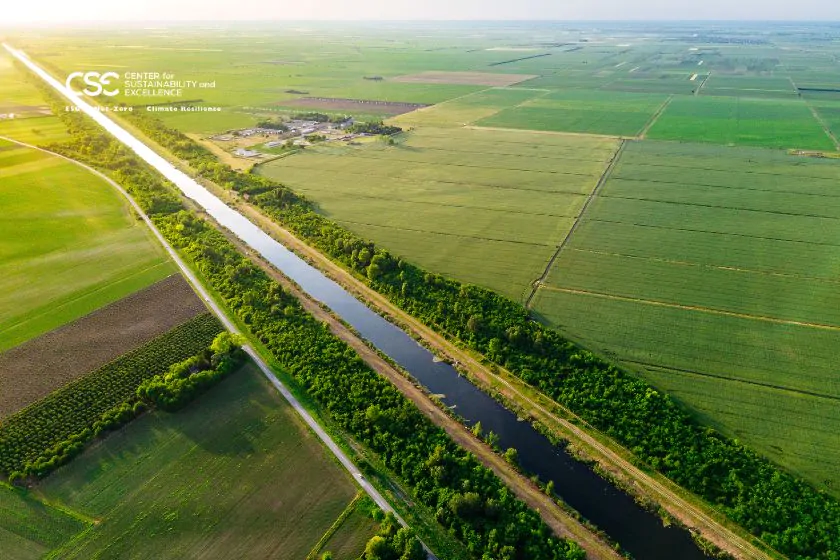Sustainability isn’t just a buzzword—it’s a strategic imperative reshaping businesses, policies, and professional roles across the USA. As awareness about environmental, social, and economic impacts grows, understanding sustainability has become crucial for professionals in all sectors. This guide provides a comprehensive look at what sustainability means today and why it matters to professionals.
Defining Sustainability
According to the EPA, sustainability involves creating and maintaining conditions under which humans and nature can exist in productive harmony. This harmony is essential for supporting present and future generations. Sustainability integrates three main pillars:
- Environmental Protection: Safeguarding air, water, and land.
- Economic Vitality: Fostering resilient economies through innovation and sustainable practices.
- Social Equity: Ensuring fair treatment, access to resources, and inclusive decision-making.
Why Sustainability Matters for Professionals
Professionals across various fields, from business management to environmental engineering, must understand sustainability due to its profound impact on operations, regulatory compliance, and corporate reputation. Businesses that adopt sustainable practices often experience long-term economic benefits and enhanced stakeholder relationships.
The Office of Federal Chief Sustainability Officer highlights how federal initiatives and policies are shaping sustainability practices across the nation. Professionals need to stay informed about these developments to ensure compliance and to leverage potential incentives and resources available for sustainable innovation.
Sustainability in Business: Key Benefits
Incorporating sustainability practices can significantly enhance your organization’s competitiveness. Key benefits include:
- Cost Savings: Reduced waste, increased energy efficiency, and optimized resource use lower operating costs.
- Risk Management: Proactive sustainability practices mitigate risks associated with regulatory compliance and environmental liabilities.
- Enhanced Brand Image: Consumers prefer businesses demonstrating genuine environmental and social responsibility.
- Market Opportunities: Growing markets for sustainable products and services open new avenues for innovation and growth.
Federal Sustainability Initiatives
Professionals in the USA must understand federal sustainability initiatives, such as the Executive Order on Federal Sustainability. This policy mandates agencies to achieve ambitious sustainability goals, including:
- 100% carbon pollution-free electricity by 2030.
- Net-zero emissions federal buildings by 2045.
- Zero-emission vehicle acquisitions.
Understanding and aligning with these goals helps professionals to position their organizations as sustainability leaders, potentially accessing federal incentives and grants.
The Importance of Continued Sustainability Training
Continuous professional development is vital to staying informed about sustainability advancements and best practices. Engaging in sustainability training, like the Certified Sustainability Practitioner Program, equips professionals with the skills and knowledge to implement effective sustainability strategies. Training programs also provide crucial networking opportunities, fostering collaboration and innovation within sustainability circles.
Conclusion
Sustainability in 2025 is integral to organizational success and professional excellence. With professional training resources guiding best practices, professionals in the USA are uniquely positioned to lead impactful sustainability initiatives. By proactively engaging in training and aligning with federal sustainability goals, you can ensure both personal and organizational growth in an increasingly sustainability-focused economy.







